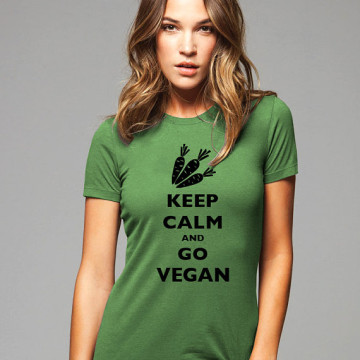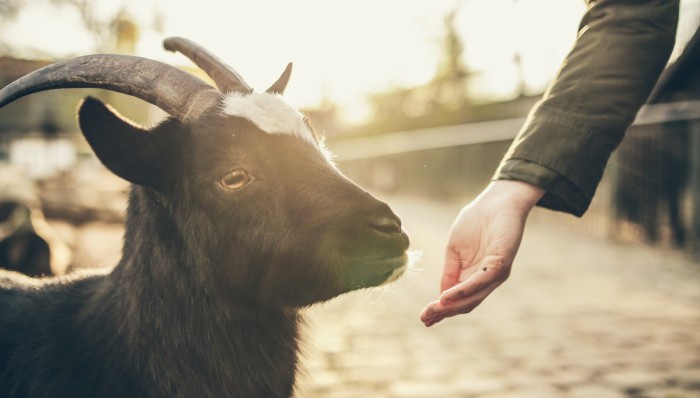You learn the foods to avoid. You revamp your wardrobe and cosmetics to eliminate animal products from your daily regimen. You scrutinize menus and harass waiters to make sure that there’s no surprise ingredient in the meal you order at a restaurant, proud to say out loud when you’re asked why you’re so anal about these things, “I’m vegan.”
Adopting a vegan lifestyle is a huge change that can take a lot of time and serious a toll on your mental and physical well-being, good and bad. Like most big changes, it’s not easy and sometimes you think you want to quit. But eventually, Vegan becomes a badge of honor, a facet of your identity that is oh-so-important in our day and age.
But when someone asks you if you’re vegan, or why you’re vegan, do you really know the answer? And how do you live your best vegan life? The answer is different for everybody, but the one thing that unites all vegans is a set of core values, which can sadly get subsumed by our fixation on empirical data and statistics: diets, trends, ingredients, products, brands–commerce.
One of the most important elements of the eight limbs of yoga is a principle called ahimsa, or nonviolence, and it has a clear connection to this question of what it means to be vegan. In yoga, nonviolence falls under the category certain principles to guide one toward a more ethical way of living, with ourselves and others. By practicing nonviolence, we not only refrain from harming other people, other creatures (like animals), and other things, but also ourselves.
When one says that one “practices yoga” or is a “yogi,” then, one must take into consideration this core principle of yoga. Practicing yoga is so much more than what asana poses you can do on the mat–it’s how you do those poses and how you interpret that mindset in the real world. Are you violent to your body to meet certain ego expectations, break a sweat, or compete with the other students, or do you respect personal limitations and injuries? Are you compassionate toward the other students in the class, even if they sweat in your space or whack you with their leg by accident? You might be able to do a wicked headstand, but if you do so while slowly injuring your cervical spine, or if you walk out of the studio and push someone to get into the subway car, you may be practicing less “yoga” than you think.
The same idea applies to practicing veganism. One definition of vegan is someone who abstains from animal products, which is also a commitment to non-violence against animals. But more broadly (and according to the Vegan Society), it’s a way of life that extends beyond what you eat and what you wear. Like the yogi who commits violence to oneself or a fellow commuter, the vegan who projects harmful, negative energy into the world even while following all the “rules” may not be getting the point. Of course, focus and determination in staying true to those empirical limits–regarding food et al.–is important. But so too is understanding deeply why you are doing it and being able to walk the walk and not just talk the talk.
Caring for a friend (animal or human)–consider this a new definition of vegan–an act of kindness and compassion.
Another favorite chant of mine from yoga is lokah samastah sukhino bhavantu; it translates to “May all beings everywhere be happy and free, and may the thoughts, words, and actions of my own life contribute in some way to that happiness and to that freedom for all.” It’s an invocation that asks you to value your own heart, and to realize it’s potential to help and respect all the hearts in the world. With this in mind, I challenge you to pause the next time you tell someone you’re vegan, or tag a post or photo as #vegan, and ask where your heart is in doing so and what you’re committing to in the process. In a world that’s saturated with a stream of senseless violence, what can your veganism do to help quell that, beyond the valuable impact on the environment and one’s physical health? How can your heart make all hearts beat a little stronger?
How do you embody veganism?
Also by Jennifer: 5 Ways to Quiet an Anxious Mind
Vegan Blueberry Citrus Quinoa Pilaf
Related: 15 Best Quotes about Veganism
Get more like this—Subscribe to our daily inspirational newsletter for exclusive content!
Photos: Keep Calm Store via Etsy, Patryk Sobczak via Unsplash






